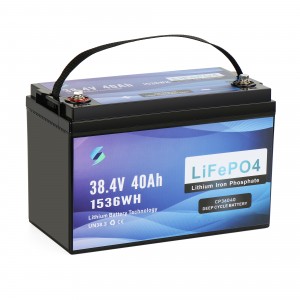
Yes — in most RV setups, the house battery can charge while driving.
Here’s how it typically works:
-
Alternator charging – Your RV’s engine alternator generates electricity while running, and a battery isolator or battery combiner allows some of that power to flow to the house battery without draining the starter battery when the engine is off.
-
Smart battery isolators / DC-to-DC chargers – Newer RVs often use DC-DC chargers, which regulate voltage for better charging (especially for lithium batteries like LiFePO₄, which need higher charging voltages).
-
Tow vehicle connection (for trailers) – If you’re towing a travel trailer or fifth wheel, the 7-pin connector can supply a small charging current from the tow vehicle’s alternator to the RV battery while driving.
Limitations:
-
Charging speed is often slower than shore power or solar, especially with long cable runs and small gauge wires.
-
Lithium batteries may not charge efficiently without a proper DC-DC charger.
-
If your battery is deeply discharged, it might take hours of driving to get a good charge.
If you want, I can give you a quick diagram showing exactly how an RV battery charges while driving. That would make the setup easier to visualize.
Post time: Aug-11-2025









